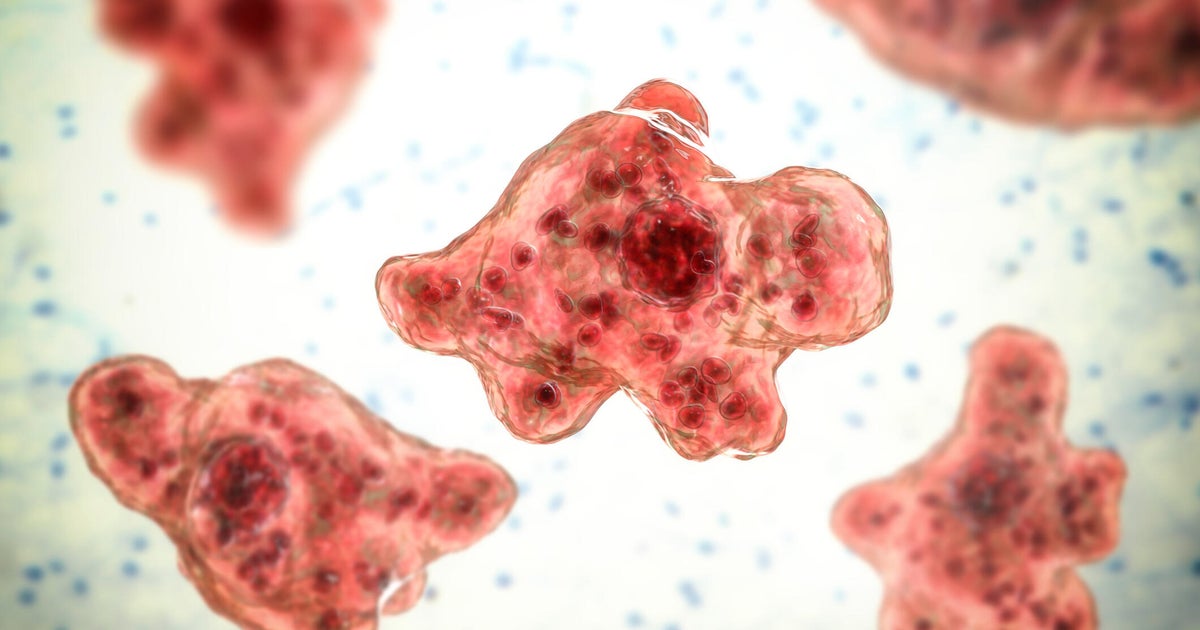

Rare Brain-Eating Amoeba Infection Possibly Linked to Water Skiing Confirmed in Missouri Missouri health officials have confirmed a case of primary amebic meningoencephalitis (PAM), a rare and typically fatal infection caused by the brain-eating amoeba Naegleria fowleri. This marks the first confirmed case in the state since 2017 and fuels concerns about recreational water activities. While investigations are ongoing, officials strongly suspect the infection was contracted through water activities, potentially water skiing. Naegleria fowleri is a single-celled organism found in warm freshwater environments, including lakes, rivers, and poorly maintained hot springs. Infection occurs when contaminated water enters the body through the nose, typically during activities like swimming, water skiing, or diving. The amoeba then travels to the brain, causing severe inflammation and destruction of brain tissue. Symptoms, which typically begin within one to nine days of exposure, include headache, fever, nausea, vomiting, and stiff neck. Progression is rapid and often fatal. Treatment is difficult and often unsuccessful. The specific location where the individual contracted the infection in Missouri has not been publicly released to protect patient privacy. However, the potential link to water skiing highlights the importance of awareness regarding recreational water safety. While PAM is extremely rare – only a handful of cases are reported annually in the United States – the severity of the illness underscores the need for precautions. Health officials are emphasizing the following preventative measures: Avoid swimming or other water activities in warm, shallow freshwater. This is particularly important during periods of high temperature and low water flow. Limit nasal contact with water. Consider using nose clips while swimming or engaging in water sports. Keep water out of your nose. This includes avoiding submerging your head and keeping your head above water when possible. While the probability of contracting PAM is low, this recent case serves as a grim reminder of the potential dangers associated with recreational water activities. Further investigations will aim to pinpoint the exact source of infection and potentially inform more targeted public health strategies to mitigate future risks. The Missouri Department of Health and Senior Services is urging individuals who experience symptoms after exposure to warm freshwater to seek immediate medical attention. Early diagnosis and treatment, while challenging, are crucial in improving the chances of survival.

A person in Missouri has been hospitalized after contracting a brain-eating amoeba, possibly after water skiing in the Lake of the Ozarks, state health officials said Wednesday.
The patient, who was not identified, is being treated in an intensive care unit for a confirmed Naegleria fowleri amoeba infection, the Missouri Department of Health and Senior Services said. Public health officials are still investigating the source of the infection, but the health department said the patient became ill days after they were at the lake.
There are two public beaches open to visitors at the Lake of the Ozarks State Park, according to the park's website. The health department did not specify which beach the patient had gone to.
While the Naegleria fowleri organism is common in warm freshwater, the infection — called primary amebic meningoencephalitis, or PAM — is rare, health officials say. It occurs when water is forced up the nose and is able to cross into the brain, which can happen during , the Centers for Disease Control and Prevention says.
Between 1962 and 2024, there have been 167 reported cases of PAM in the United States, the Missouri Department of Health and Senior Services said.
Last month, died in South Carolina after getting infected. The South Carolina Department of Public Health said it was the first known case in the state since 2016. later spoke publicly about their son's death, saying they "do not want this to happen to anyone else."
To reduce the risk of infection, the suggests holding your nose or wearing a nose clip if you are jumping or diving into freshwater or keeping your head above water in hot springs. Signs of infection include nausea, vomiting, fever, a severe headache, stiff neck, seizures, altered mental state and hallucinations.
You cannot get a Naegleria fowleri infection from swallowing contaminated water or from someone else who is infected.





